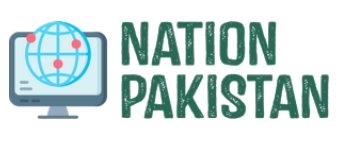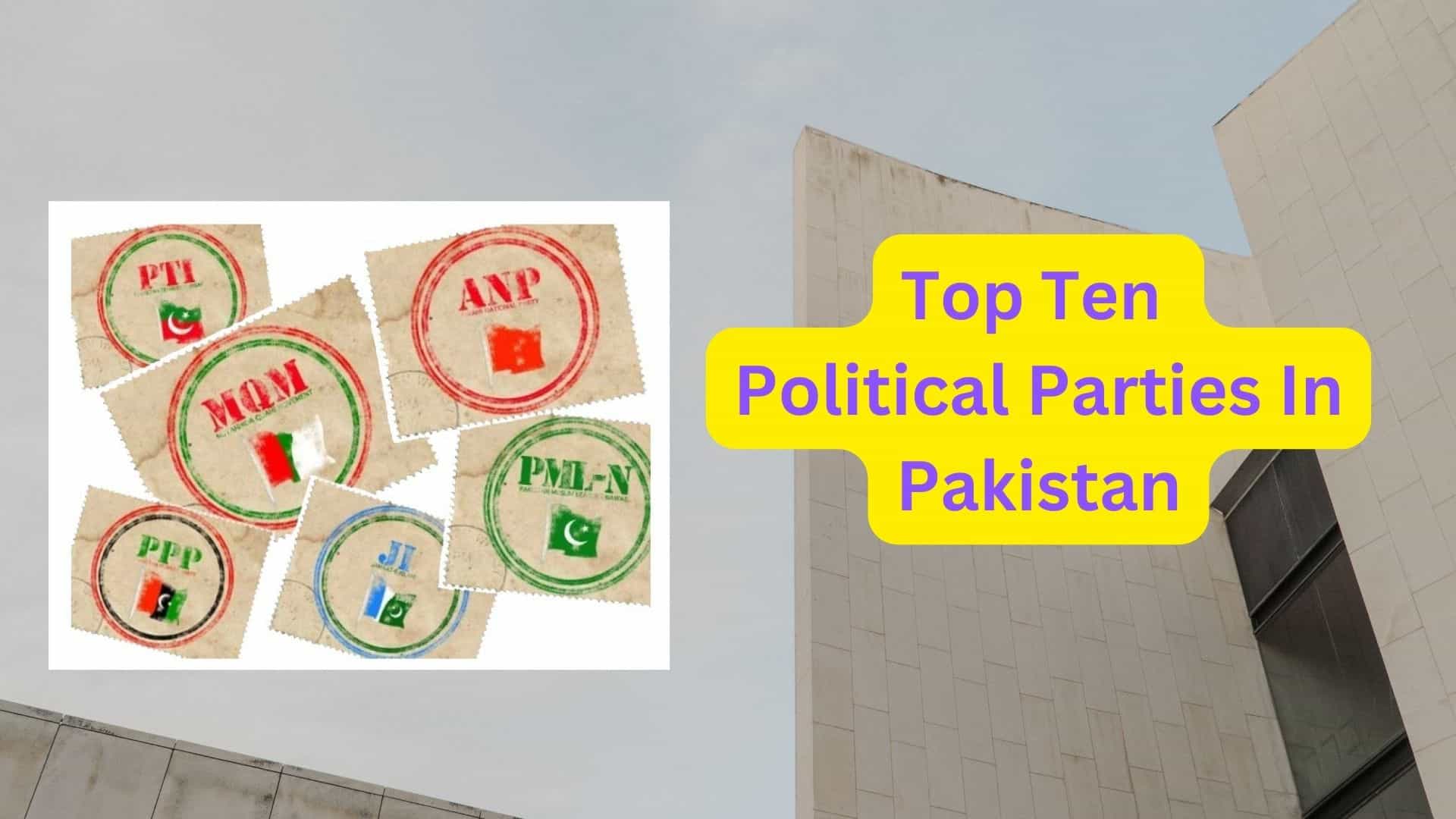Introduction: Pakistan’s political landscape is characterized by a diverse array of parties that represent various ideologies, regions, and interests. These political entities play a pivotal role in shaping the country’s policies, governance, and societal development. In this article, we will delve into the top ten political parties in Pakistan, examining their origins, ideologies, key leaders, and significance in the nation’s politics.
1. Pakistan Tehreek-e-Insaf (PTI):
Founded in 1996 by Imran Khan, PTI emerged as a significant force in Pakistani politics by advocating for anti-corruption measures, social justice, and good governance. It captured national attention in the 2018 general elections, forming the government at the federal and provincial levels.
2. Pakistan Muslim League-Nawaz (PML-N):
Established in 1988, PML-N is a centre-right party led by the Sharif family. With a stronghold in Punjab, it champions economic liberalism and infrastructure development. It has governed the country multiple times and remains a prominent opposition party.
3. Pakistan Peoples Party (PPP):
Founded in 1967 by Zulfikar Ali Bhutto, PPP is a centre-left party that advocates for social democracy, labour rights, and improved living standards. It has historically been associated with Sindh province and has held both federal and provincial governments.
4. Muttahida Qaumi Movement (MQM):
Originating in 1984 as a movement for the rights of Urdu-speaking people in Karachi, MQM has faced controversies and factionalism. It primarily represents urban populations, especially in Karachi, and addresses issues related to urban governance and minority rights.
5. Awami National Party (ANP):
ANP, established in 1986, represents the Pashtun community, particularly in Khyber Pakhtunkhwa province. It focuses on secularism, Pashtun nationalism, and social justice, despite facing security challenges due to its stance against militancy.
Read: Top Youtubers In Pakistan
6. Jamaat-e-Islami (JI):
Founded in 1941, JI is an Islamic political party advocating for the establishment of an Islamic state based on Sharia law. It emphasizes social justice, anti-corruption measures, and traditional values. It holds a small but dedicated support base.
7. Balochistan Awami Party (BAP):
BAP, formed in 2018, aims to address the developmental needs and political aspirations of Balochistan province. It focuses on issues such as resource allocation, autonomy, and representation for the Baloch people.
8. Muttahida Majlis-e-Amal (MMA):
MMA is a coalition of religious parties that advocates for the implementation of Islamic law in Pakistan. It was more influential in the early 2000s and has been part of several provincial governments.
9. Pak Sarzameen Party (PSP):
PSP emerged in 2016 as a splinter group from MQM, focusing on urban governance, citizen welfare, and minority rights. It aims to provide an alternative to traditional ethnic-based politics in Karachi.
10. National Party (NP):
Based in Balochistan, NP represents the interests of the Baloch people and strives for provincial autonomy, resource rights, and equitable development. It is one of the key players in Balochistan’s politics.
Conclusion: Pakistan’s political landscape is a dynamic arena where various parties with diverse ideologies compete for power and influence. These top ten political parties each bring their unique perspectives and priorities to the table, shaping the country’s policies and trajectory. As the nation continues to evolve, the roles and impacts of these parties will remain crucial in shaping Pakistan’s future.

